Escalating tensions in the Red Sea have forced shipping lines to take detours, leading to increased shipping rates to some traditional markets.
In Ba Ria - Vung Tau , from the fourth quarter of 2023 to now, the export activities of many enterprises have improved when more orders were signed. The province's export turnover excluding crude oil in the first two months of the year reached over 925 million USD, an increase of more than 11% over the same period.
However, due to the escalating tension in the Red Sea, shipping lines have had to take detours, resulting in shipping costs to some traditional markets increasing by 1.5 to 4 times compared to before. This has significantly affected export businesses.
In the first two months of 2024, Baseafood Seafood Import-Export Joint Stock Company exported 1,300 tons of products to the US, EU, Japan, and South Korea markets, reaching an export turnover of 8 million USD, an increase of 30% over the same period. Although export turnover increased sharply, the company's profits decreased due to transportation costs increasing from 1.8 to 2.5 times compared to before.
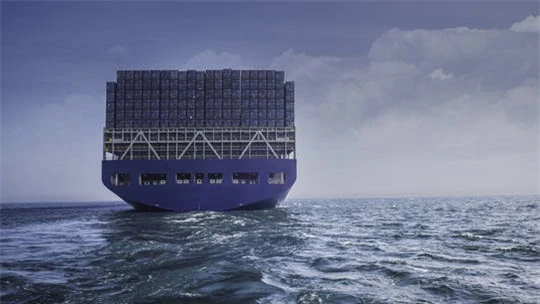
Mr. Tran Van Dung - Chairman of the Board of Directors of Baseafood Seafood Import-Export Joint Stock Company said: "The shipping fee is specified by the customer. They are responsible for this, but if the situation is too tense, they will not buy the goods, forcing us to reduce the price for them and support part of the shipping fee."
80% of exports to the US East Coast, Canada and the EU pass through the Suez Canal. But due to tensions in the Red Sea, to pass through the canal, ships are forced to go around the Cape of Good Hope, an additional 7-10 days, resulting in higher transportation costs.
Although most export enterprises sign contracts for transporting export goods in the form of shipping costs paid by the customer, but in the current situation of shipping costs increasing too high, the selling enterprises all share and support a part of these costs.
Not only exports, but also imports of equipment and raw materials are delayed, leading to a local shortage of empty containers.
Mr. Dao Quoc Tuan - Chairman of the Board of Directors of Tu Hai Trading, Service and Production Company Limited added more about the reason for the increase in sea freight rates. Because countries around the world are short of goods, people have to wait for goods and so they keep canceling. From having little goods, shipping lines have to raise prices.
The Ministry of Industry and Trade has asked businesses to closely monitor the situation and discuss with partners so that, if necessary, they can extend the time for packing and receiving goods. At the same time, businesses also need to seek and diversify their sources of raw materials; and seek other means of transportation besides sea to avoid the current dependence.
According to VTV
Source


















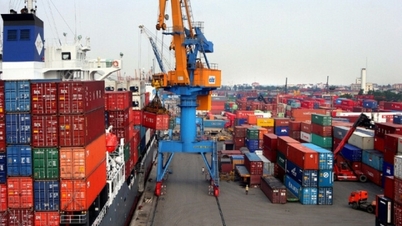

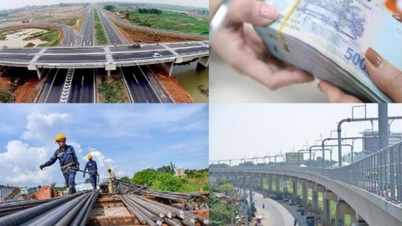


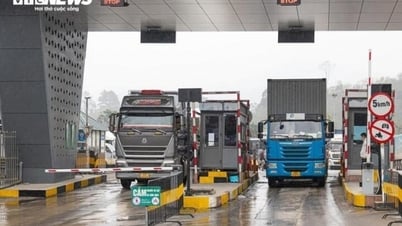







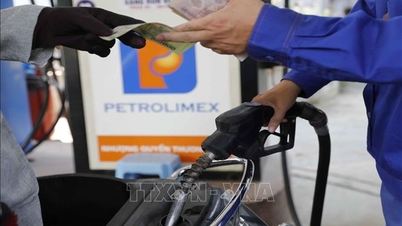

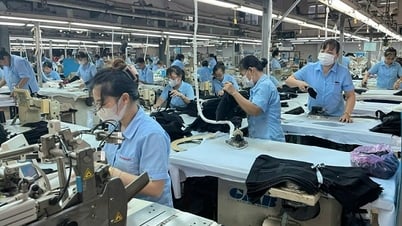









































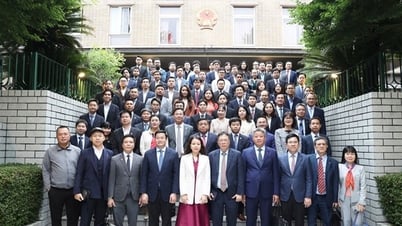






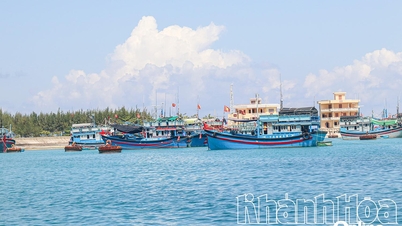

















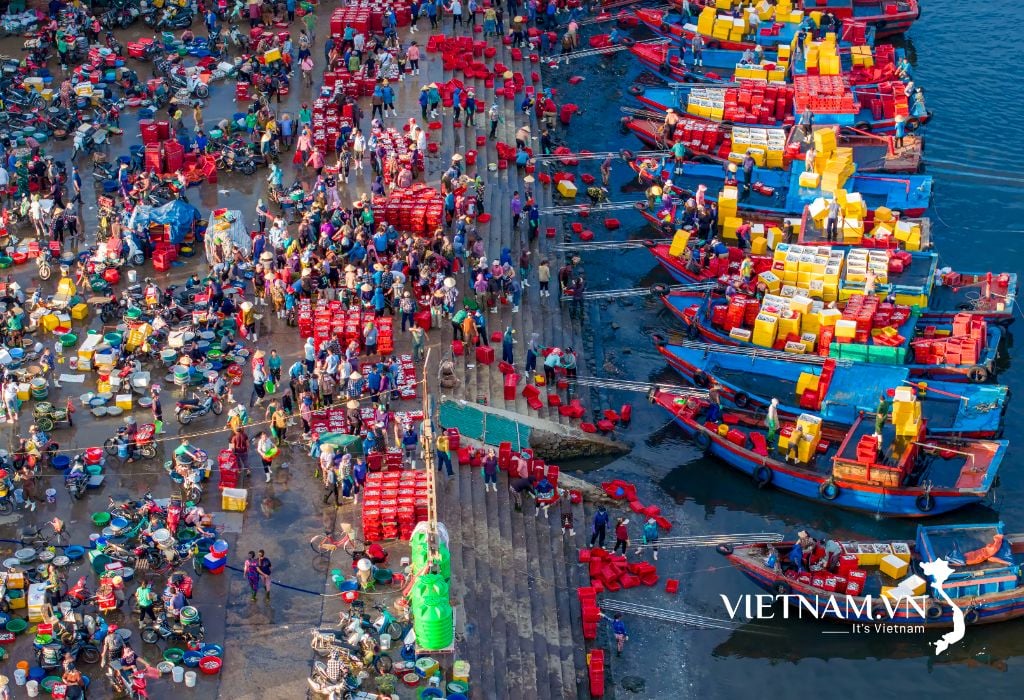
Comment (0)